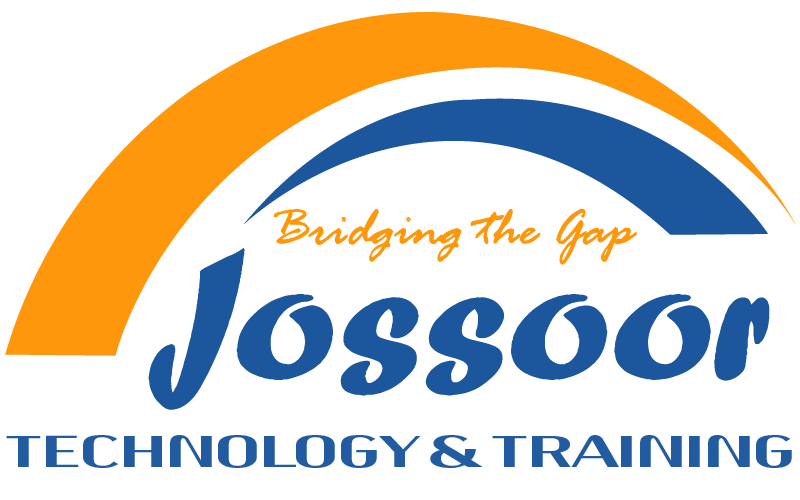Digital Transformation in Education: Opportunities & Challenges
The education sector has witnessed a significant shift in recent years, driven by the rapid advancement of technology. Digital transformation in education has brought about numerous opportunities, enabling institutions to reimagine the learning experience, enhance student outcomes, and improve operational efficiency. However, this transformation also presents several challenges that must be addressed to ensure a seamless and effective integration of technology in education.

Digital Transformation in Education: Opportunities & Challenges
Personalized Learning
Digital transformation enables educators to create personalized learning experiences tailored to individual students’ needs, abilities, and learning styles. Adaptive learning software, learning management systems, and data analytics tools facilitate this customization, leading to improved student engagement and outcomes.
Increased Accessibility
Digital transformation expands access to education, bridging geographical and socio-economic divides. Online and blended learning models enable students to access high-quality educational resources, participate in virtual classrooms, and interact with instructors and peers remotely.
Enhanced Collaboration
Digital tools facilitate collaboration among students, educators, and institutions, fostering a sense of community and promoting knowledge-sharing. Collaborative platforms, social media, and video conferencing tools enable seamless communication, feedback, and support.
Improved Operational Efficiency
Digital transformation streamlines administrative tasks, reduces paperwork, and enhances data management. Enterprise resource planning (ERP) systems, student information systems (SIS), and learning management systems (LMS) automate processes, freeing up resources for more strategic and student-focused initiatives.
Challenges in Digital Transformation in Education
Digital Divide
The digital divide persists, with many students lacking access to devices, internet connectivity, and digital literacy skills. This exacerbates existing inequalities, hindering efforts to provide inclusive and equitable education.
Cybersecurity Concerns
The increased reliance on digital technologies creates new cybersecurity risks, threatening student data, intellectual property, and institutional reputation. Educators and administrators must prioritize cybersecurity measures, ensuring the protection of sensitive information.
Teacher Training and Support
Effective digital transformation requires educators to develop new skills, adapt to emerging technologies, and integrate digital tools into their teaching practices. Institutions must provide ongoing training, support, and resources to facilitate this transition.
Change Management
Digital transformation necessitates significant cultural and organizational changes, which can be daunting for educators, administrators, and students. Effective change management strategies, communication, and stakeholder engagement are crucial for successful implementation.
Digital transformation in education presents a complex array of opportunities and challenges. As institutions navigate this transformation, they must prioritize strategic planning, stakeholder engagement, and ongoing support. By addressing the challenges and leveraging the opportunities, educators can create innovative, inclusive, and effective learning environments that prepare students for success in an increasingly digital world.
